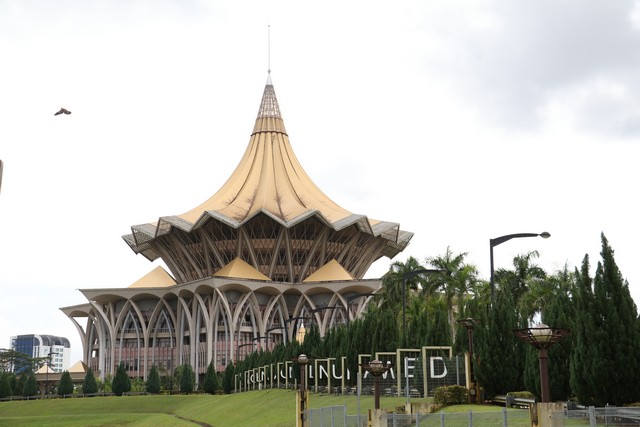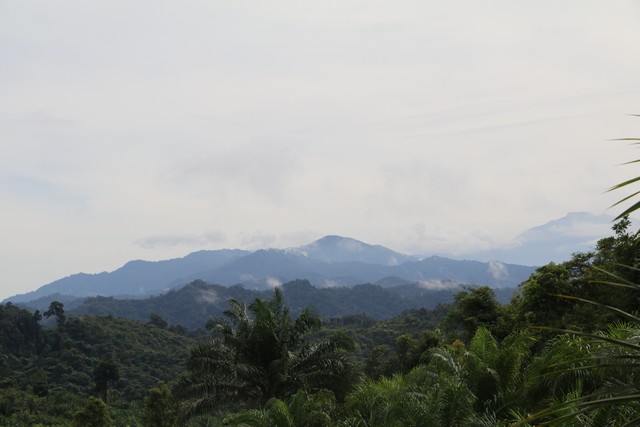In May 2022, the Sarawak government announced the passing of the Land Code (Amendment) Bill, 2022.

- Land Code (Amendment) Bill 2022 seeks to amend the Land Code to regulate and control the use of land, onshore and offshore, in the seabed which forms the continental shelf of Sarawak, for the storage, retention, capture, and sequestration of carbon dioxide or other greenhouse gases of any form or description.
The passing of the amendment is said to play a huge role in reducing the carbon emission and mitigate the effect of global warming.
But, how so?
The amendments to the Sarawak Land Code which was enacted in 1958, provides a new definition of the term ‘land’ so that the statutory meaning of the term ‘Land’ is aligned with that found in other Malaysian legislation like the National Land Code.

National Land Code:
- An Act to amend and consolidate the laws relating to land and land tenure, the registration of title to land and of dealings therewith and the collection of revenue therefrom within the States of Johore, Kedah, Kelantan, Malacca, Negeri Sembilan, Pahang, Penang, Perak, Perlis, Selangor, Terengganu and the Federal Territory of Kuala Lumpur, and for purposes connected therewith.

Section 44 of the National Land Code covers and includes the airspace above the land while under Section 75A of the National Land Code, the State Authority, in Peninsular Malaysia has the power to permit the use of air space above state land.
Sarawak has also gazetted its Land Code (Carbon Storage) Rules 2022 to include airspace and properties above the surface of land, as well as the seabed of the state’s continental shelf to provide legal framework for carbon capture, utilisation and storage (CCUS) activities.
This means that the amendments to the land code will provide for the control by the state government of the airspace above the earth of the land as well as any property in that airspace including spectrum and also regulating the erection, maintenance and occupation of any structure in that airspace.
So, this allow Sarawak to approve sites and issue license, both on land and offshore Sarawak, in the Continental Shelf within the state’s boundaries to be used for carbon storage.
Sarawak has an estimated 30 trillion cubic metres of carbon storage capacity in the seabed of its continental shelf.
With the passing of the bill, Sarawak becomes the first state in Malaysia to have legislation that would see industries, including oil and gas, operating in the state needing to comply with international requirements, which is to reduce carbon emission intensity under the United Nations Framework Convention on Climate Change (UNFCCC).
The carbon dioxide and other greenhouse gases from industries would have to be captured, compressed, transported, and stored underground or in other secure facilities.
This would then allow trading of carbon credit generated from carbon storage.
Example of carbon storage sites include depleted oil and gas reservoirs, deep unused saline aquifers, and deep un-mineable coal seams.
Aside from that, Sarawak has also amended the and gazetted the Forest (Forest Carbon Activity) Rules, 2022, which provide a legal framework to regulate forest produce that covers carbon stocks in the forest ecosystems.




